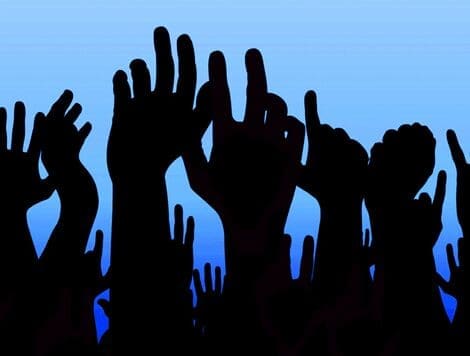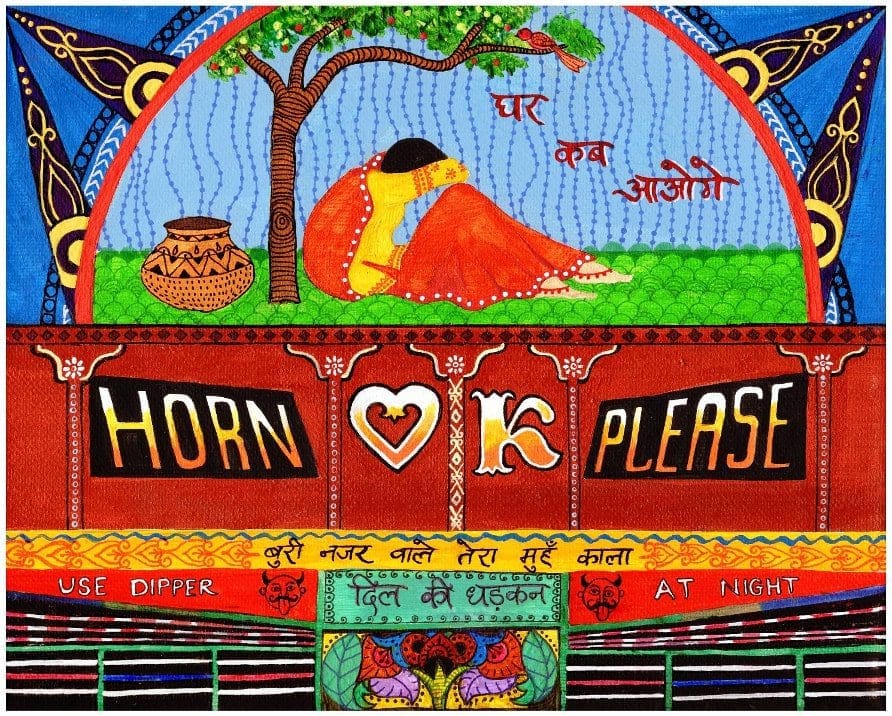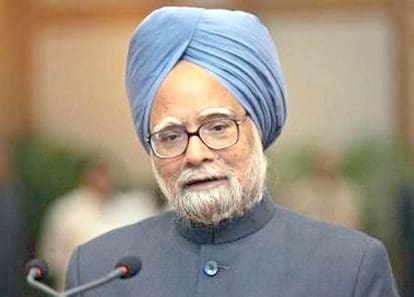
There was a time when our land was ruled by hundreds of dictator kings. Subjects listened to the king. They obeyed his commands. They received what he gave them. Common man had no voice. Kings followed kings. Rich men grew richer. Some ordinary people remained ordinary. Others fell to the ground. With the hunger for land, money and prestige, wars were waged. Blood flowed like rivers. The common man could do nothing but follow the king. Then came the red nosed British. Indians fought back. Again wars followed wars. People started to think. What they wanted was a peaceful existence with proper administration. What they wanted was democracy. Thus, when the British were kicked out of the country, democracy was established. Kings were defeated. India was united under a single rule. Common man became the king. Kings supposedly became puppets in the hands of common man. Everyone said this would be the perfect setting for a peaceful and successful society. But after over 65 years of democracy, when we look back and at the present, do we really feel it to be successful? This is a question that has many times been debated over and the answer has not yet been found.
It is a very popular saying from Abraham Lincoln about democracy being ‘Of the people, by the people, for the people’. People make the governments as they want them. Governments make rules and laws as people want them. But is this really the case? Does the voice of majority really echo in the parliament? Or is it just the amplified thoughts of a minority? Or now more commonly the voice of the administrators themselves? When looked into all these questions though I feel that democracy is the best, the way Indian democracy is structured and the way it is working, does not seem convincing.
The Government is framing rules that make no sense; building laws that have no practical importance in the current situation. Our so called representatives are busy baking their own bread. What have we seen in the past 4 to 5 years except scams after scams? Our political leaders fight for a place in the parliament not with a wish to serve people but with a view of serving themselves under the support of the tax we common people pay. If we look back, did we have atleast a small phase of time free of scams; a period of time where we lived without a major heading in newspapers about the circus of our politicians? The answer, however painful, is no.
Thus we come to think if this setting of democracy is really working? Is there some point where we went wrong? I think yes. The first major mistake that happened in Indian democracy is the allowance of multiple political parties. Why was that a mistake? I will support my proposition with a hypothetical example. Consider a village with a population of 1500. Suppose six candidates have stood for the election. Only 1000 people have voted. Let us assume they get votes of 300, 200, 200, 100, 100 and 100. Now, the candidate who is representative of only 20% of the population is selected to voice the village. How can he be a democratically selected when 80% of the population does not want him to represent them? And the bigger concern is what these selected representatives do for the next 5 years once they are selected. It is a pity that democracy really exists in India only during elections and for the next 5 years, it is nothing but dictatorship by our selected lords.
Then, what can be done? One solution is to restrict the number of parties to only two as in USA or UK. This will certainly increase the validity of our representation. And a system has to be set up where a common man can voice his concern and give his opinion about the selected candidate.
And once a candidate is selected, if the majority wants him down, it should be possible to remove him from his post.
Is this possible in our country, that too, in the present condition? Though how much ever we would want it to be, the answer that comes to our mind is still no.
We have all listened to the story of swans and tortoise when we were young. When the tortoise wants to see the world, the swans carry a stick, the tortoise holding the stick in its mouth. Then the tortoise opens its mouth to talk and falls over rocks and dies. It wants to talk in inappropriate time and place and that leads to its downfall. Our politicians have become like the tortoise. But the only difference is these politician tortoises have grown too fat and the rocks of general public have withered. Instead of the tortoise falling and dying, rocks themselves are breaking under the weight of the tortoise. The only way to prevent our rocks from breaking is to either make the tortoise weak or to make the rocks strong. You will agree when I say that it is impossible to make our politicians weak. Thus the only way left is to strengthen ourselves. This is a very vast area of debate and not a topic to which an answer can be easily arrived at. Then, after all does the success of democracy in India rests on the hope that our representatives understand the dignity of their position and work accordingly?
About the author: Keshava Pawan is a 5th semester student at KMC, Mangalore
Edited by: Nishant Gaurav Pathak



Be the first to comment